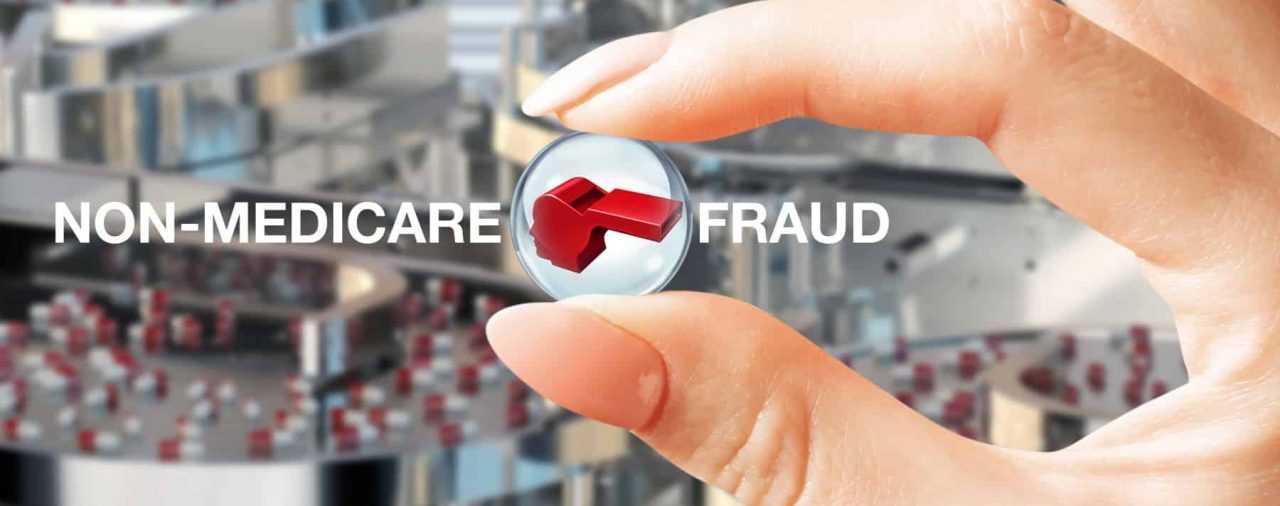Content Highlights
In the pharmaceutical industry, employees often face ethical challenges when they discover fraud. While laws like the False Claims Act support employees who blow the whistle on their employers for fraud upon the federal government, gaps in protections under the Federal Food, Drug & Cosmetic Act leave drug company employees vulnerable to retaliation by the employer when reporting fraud.
Read on to learn more about where employee protections exist for reporting non-Medicare or non-Medicaid fraud perpetrated by a drug company.
Where Does Protection Exist for Retaliation Against Employees of Drug Companies?
In the world of drug manufacturing, employees who witness fraudulent practices may find themselves in a difficult situation. While the FCA (False Claims Act) provides a clear pathway for whistleblowers to report fraud by a drug company, this protection exists for employees only if the drug company is defrauding the federal government. The same level of protection does not extend to other types of fraud by drug companies.
Specifically, the FDCA (Federal Food, Drug, & Cosmetic Act), which governs the safety and efficacy of drug manufacturing, does not contain any statement prohibiting retaliation against employees of drug companies if they report fraud upon the federal government, such as Medicare or Medicaid fraud. A claim under the FCA may exist when a patient’s prescriptions are paid by either Medicare or Medicaid, the drug company accepts payment from the federal government for filling the prescriptions, and the company commits fraud during the transaction.
The FDCA does contain a non-retaliation provision, but drug and cosmetic manufacturers are exempted by the statute. This gap in the law creates a significant dilemma for employees who discover fraudulent practices but have no direct recourse under the FDCA. In essence,
-
- FCA: Rewards employees working in other industries who report fraud against the federal government.
- FDCA: Governs drug manufacturing safety but does not protect employees of drug companies from retaliation.
- Gap in Protection: Leaves employees of drug manufacturers vulnerable when reporting Medicare or Medicaid fraud.
“Fraud, which is generally defined as the knowing deception of others in pursuit of financial gain, is a leading source of wasteful spending in US health care,” according to the Journal of Health Politics, Policy and Law, Duke University Press (April 1, 2024). Drug companies generate huge revenues and can operate their businesses in such a way that they do not seek any reimbursement from the federal government. That way, they can escape the provisions of the FCA that prohibit retaliation for reporting fraud. Question: If an employee of a drug company uncovers fraud but the company purposefully avoids taking Medicare/Medicaid prescriptions, how can the employee protect himself/herself?
The Story: An Employee’s Fight for Integrity
Consider the case of our former client who worked directly under the Chief Pharmacist of a large drug manufacturer. The employee discovered that the CEO and some his followers were conducting illegal activities but operated the business so that invoices were issued only under various states’ laws. No prescriptions were paid under either Medicare or Medicaid. The employee prepared a written report of her findings for the Chief Pharmacist with a written plan to remedy the problems. The employee also discussed what she believed to be illegal activities with her coworkers who agreed with her.
The CEO learned of the employee’s report but did not take the news well. During a Teams meeting with the Chief Pharmacist, the CEO became so enraged about the matter that he abruptly hung up. The next morning, the employee who had made the report of illegalities was fired without any reason given.
-
- Discovery: The employee found ongoing illegalities during her work under the Chief Pharmacist.
- Reporting: She reported her findings in writing to the Chief Pharmacist who in turn informed the CEO.
- Retaliation: The CEO instructed that the employee be fired the day after an angry Teams meeting.
The drug company abruptly and unjustly fired this employee because she had reported illegalities to upper management. Based on the FDCA, she was left without any recourse.
Solution: Using the CPSIA for Whistleblower Protection
After doing extensive legal research, we confirmed the legal dilemma of no FCA right for filing a whistleblower claim. In the absence of direct protection under the FDCA, we found leverage in another statute, the CPSIA (Consumer Product Safety Improvement Act). This act prohibits retaliation against employees who report potential consumer product safety violations.
Our argument was that the drug company’s actions fell under the scope of the CPSIA because the company failed to warn patients about the risks of taking drugs that had not been tested or approved by the FDA. This constituted misbranding, a form of misrepresentation, which violates the FHSA (Federal Hazardous Substances Act). The Consumer Product Safety Commission enforces that statute. After drafting a whistleblower retaliation claim under CPSIA and sending it to the drug company, we were successful in prompting a different response.
This case serves as example that sometimes an employee may suffer a wrong for which there is no legal remedy. While the FDCA focuses on public health and safety, the statute contains holes that omit any safeguard for employees who report fraud by their employer. Under the CPSIA, employees have a potential avenue for protection from retaliation by a drug company which learns how to escape the FCA’s reach. This approach not only aids in protecting employees but also underscores the need for stronger whistleblower protections across all areas of the pharmaceutical industry.
Contact An Expert.
Laws like the FCA help whistleblowers expose fraud against the federal government, which is huge in amount. But, the lack of similar protections in the FDCA leaves drug company employees vulnerable when reporting Medicare or Medicaid fraud. Closing these gaps is crucial for promoting ethical practices and safeguarding whistleblowers in pharmaceutical companies. If you would like more information on this topic, feel free to give us a call.

